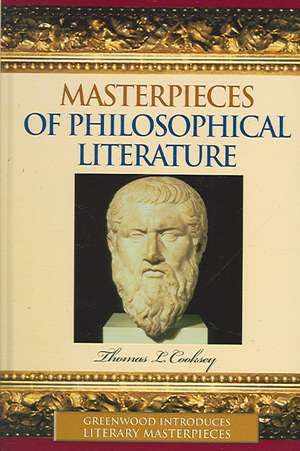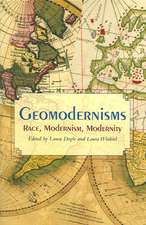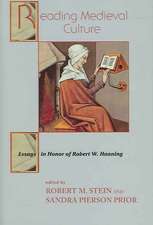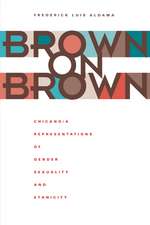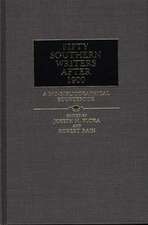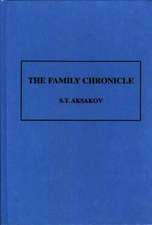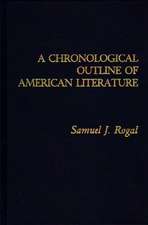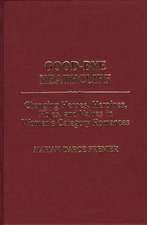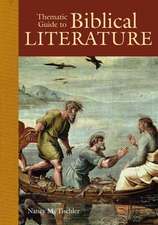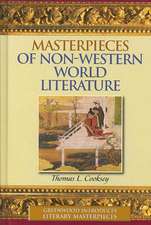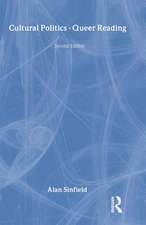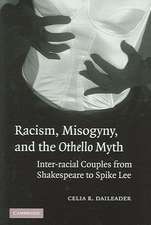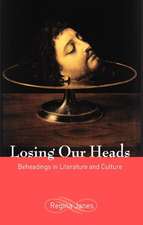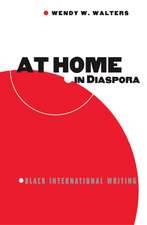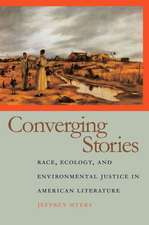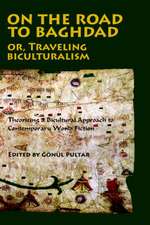Masterpieces of Philosophical Literature: Greenwood Introduces Literary Masterpieces
Autor Thomas L. Cooksey IIIen Limba Engleză Hardback – 29 mar 2006 – vârsta până la 17 ani
Preț: 237.23 lei
Preț vechi: 409.17 lei
-42% Nou
Puncte Express: 356
Preț estimativ în valută:
45.39€ • 47.39$ • 37.57£
45.39€ • 47.39$ • 37.57£
Carte tipărită la comandă
Livrare economică 04-18 aprilie
Preluare comenzi: 021 569.72.76
Specificații
ISBN-13: 9780313331732
ISBN-10: 0313331731
Pagini: 256
Dimensiuni: 156 x 235 x 22 mm
Greutate: 0.52 kg
Editura: Bloomsbury Publishing
Colecția Greenwood
Seria Greenwood Introduces Literary Masterpieces
Locul publicării:New York, United States
ISBN-10: 0313331731
Pagini: 256
Dimensiuni: 156 x 235 x 22 mm
Greutate: 0.52 kg
Editura: Bloomsbury Publishing
Colecția Greenwood
Seria Greenwood Introduces Literary Masterpieces
Locul publicării:New York, United States
Caracteristici
Nietzsche's Thus Spoke Zarathustra
Notă biografică
Thomas L. Cooksey is Professor of English and Philosophy at Armstrong Atlantic State University. His interests range from biochemistry and molecular biology to the modern reception of Dante, and his numerous articles cover such topics as Petrarchism, the Beats, Flannery O'Connor, Simone de Beauvoir, and Leibniz and Spinoza.
Cuprins
IntroductionThe Republic by PlatoThe Confessions by St. AugustineThe Divine Comedy by DanteUtopia by Sir Thomas MoreCandide by VoltaireFaust, Part 1, by GoetheEither/Or by KierkegaardThus Spoke Zarathustra by NietzscheBrave New World by HuxleyLabyrinths by BorgesGeneral BibliographyIndex
Recenzii
Cooksey aims to introduce readers to the philosophical content of literature and the literary form of philosophy by surveying ten masterpieces of philosophical literature. Each of the ten chapters of Masterpieces focuses on one book: Plato's Republic, Augustine's Confessions, Dante's Divine Comedy, More's Utopia, Voltaire's Candide, Goethe's Faust, Kierkegaard's Either/Or, Nietzsche's Thus Spoke Zarathustra, Huxley's Brave New World, and Borges's Labyrinths. For each book, Cooksey discusses the biographical and historical context of the author, the themes and motifs of the work, and subsequent influence of the author on Western philosophy and literature. Although most of Cooksey's discussions focus on providing summaries of the individual texts listed above, he also makes general claims about philosophical literature: it represents a certain mode of thinking that is irreducible to reasoned argument, and its openness to reinterpretation and resistance to one exclusive or final meaning enables it to remain eternally current. The general idea for this book is visionary..Lower-division undergraduates and general readers.
Aimed at high school and college students, this introduction to philosophy groups 10 works central to philosophical literature into a section of works of philosophy that are also significant contributions to literature and a section of works of literature that draw on or contribute to philosophy. Each chapter centers on a single book, such as Plato's Republic, Dante's Divine Comedy, Goethe's Faust and Borges' Labyrinths, and discusses the author and his philosophical background as well as the work itself.
Aimed at high school and college students, this introduction to philosophy groups 10 works central to philosophical literature into a section of works of philosophy that are also significant contributions to literature and a section of works of literature that draw on or contribute to philosophy. Each chapter centers on a single book, such as Plato's Republic, Dante's Divine Comedy, Goethe's Faust and Borges' Labyrinths, and discusses the author and his philosophical background as well as the work itself.
